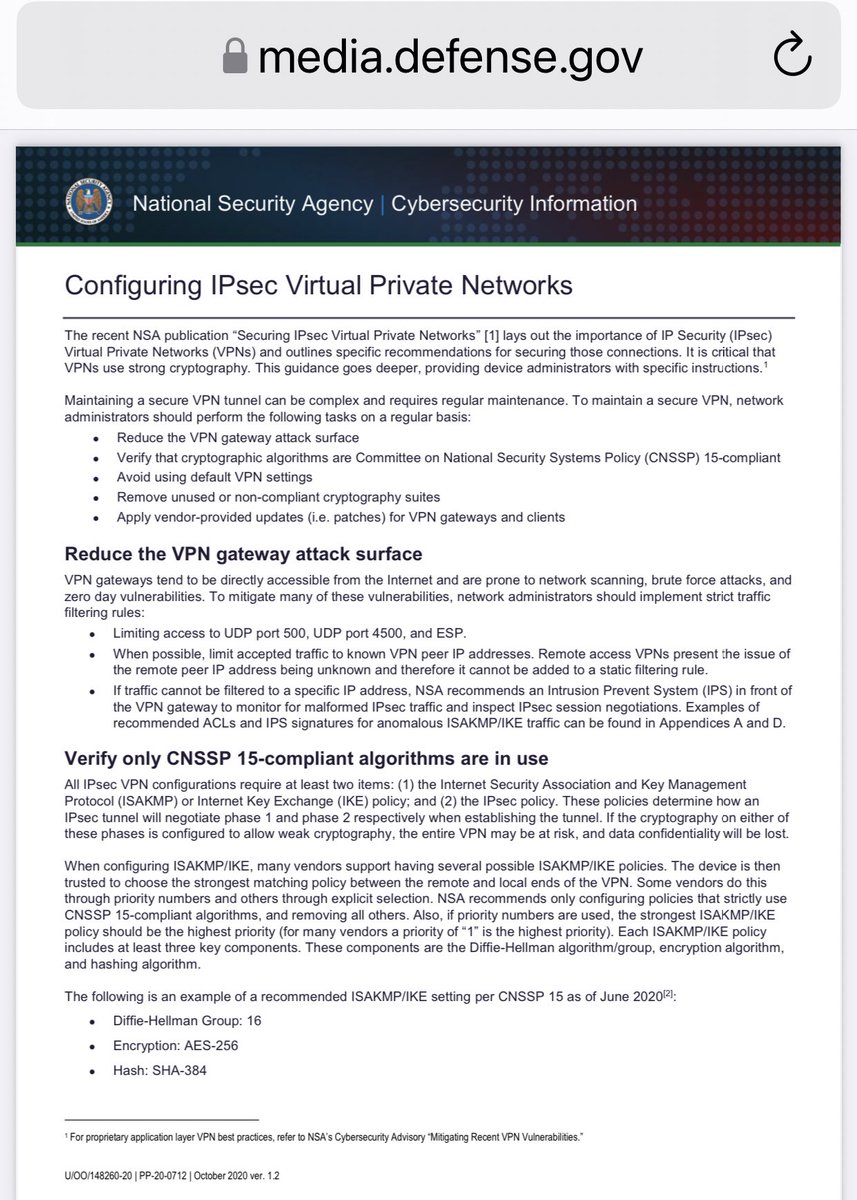
“Hard drive”? You mean Dropbox, Overleaf, Github and Google Drive, right? I’m sure they’ll all keep my data forever.
https://twitter.com/acnzimmer/status/1453441635757535240
Fortunately I’m clever and I’ve checked my Dropbox into Github.
I keep every academic project since 2003 in a directory named src2/. Why src2? Because six years and three laptops ago I somehow corrupted src/ and was afraid to overwrite it. In 2025 I anticipate an upgrade to src3/.
• • •
Missing some Tweet in this thread? You can try to
force a refresh












